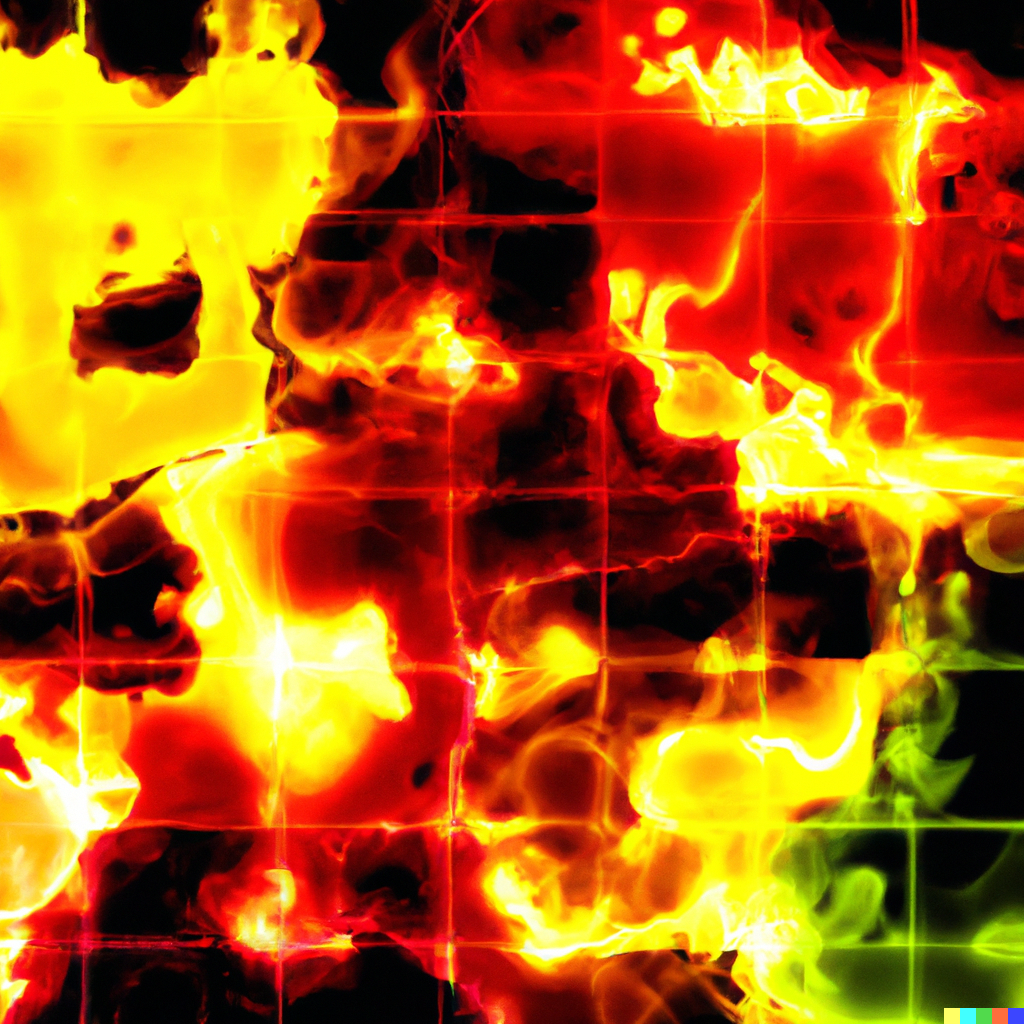My plans for this summer vacation has changed.
My first version of the summer vacation plans was: Amsterdam, Brussels, Warsaw, Krakow, Milan, lake Como area, and finally back home to Oslo. Three weeks solo travel.
My second version of the summer vacation plan was: Amsterdam, Brussels. Warsaw, Krakow, eastern Czech Republic, back home.
But yesterday night, during a conversation at the summer party at work, I decided on the spot to change my summer vacation plans completely.
I will instead go to Tanzania for the entire summer vacation.
It is linked to several things, basically.
Mostly, it is linked to my wish to get first-hand experience on the ground in an African country. How can I do my job properly as leader of the expert group for IT and digitalization at Engineers Without Borders Norway if I do not have any field experience?
Also, this summer, when I have my summer vacation, I would feel better if my vacation is conceptually linked to something larger. And if I now spend 4 weeks in Tanzania in this summer, both to relax and recharge my batteries, as well as doing field trips, and talking with locals, questions related to Their life, their situation, their hopes, dreams, opportunities; I will feel better afterwards.
Also, I have the intuitive feeling that this trip will mark a new direction for me. The trip marks, cements, my dedication to a new urge to challenge my comfort zone. To see new things. To find new threads.
To weave with new threads. Weave the next phase of my life with new threads, and based on new designs.
Of course, this sudden change in my summer vacation plans has consequences, including economically. But I will now start to conceptualize ways I can apply for funds for my field trip this summer. And I will also find/invent new threads related to this that will aid me in this process.
I will begin by talking about the trip with others, and ask for feedback. I will explore the Existing links, and seek new ones. The links are the threads; while the…
Let me explain my weaving process.
Data points are of several types: Facts, intuition, emotions, analysis.
Threads are of several types: Cognitive links, emotional links, intuitive links.
My weaving is combinations of these elements; an interplay between them. My instrument for the actual weaving is myself, in all my aspects.
I create internal «heat maps» as a part of my process. I scan my field of vision, which as I mentioned includes different sources and processes. And in this scan, I have started to use my intuition as my «sensor» much more often. I look at the picture, the field, the different elements with my intuitive sensory system. I reach deep inside myself, within seconds or hours, and I see the heat map-like. I see it visually with my mind.

So, «heat map» is an image of my mental processes, just like the «litmus test» is another.
And I listen to the results of my heat map view.
Yesterday, I did a scan, in the middle of my talk with the other person. It took 2-3 seconds. The scan revealed this new heat map, where there was the huge red/orange new spot, it almost blinded me. It said: «Skip Europe this summer. Go to Tanzania. Go to Dar es Salaam.»
So, in a month, on July 3rd, 2023, I will be in Dar es Salaam. I will write about this process under the tag «Tanzania 2023».
